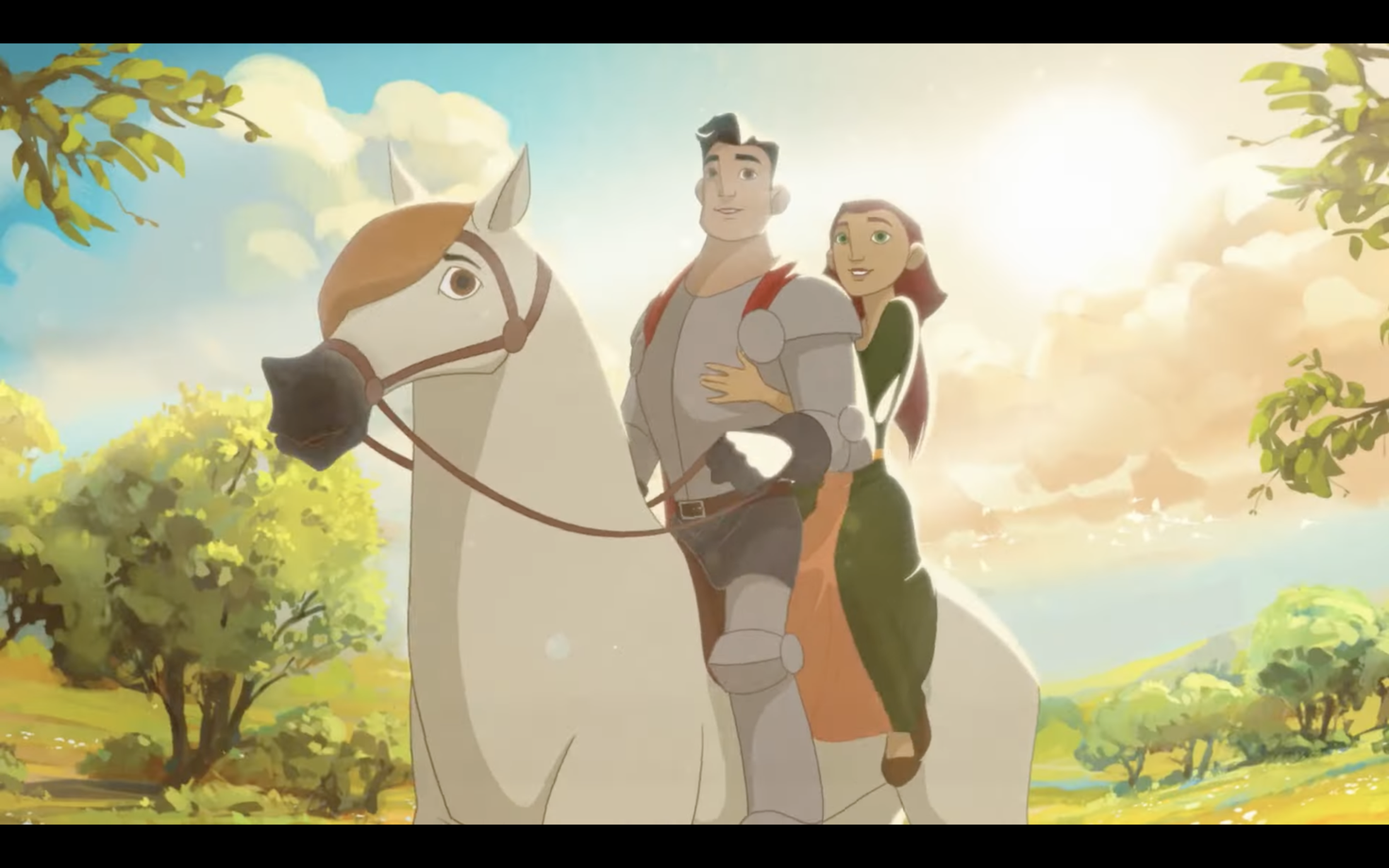
Words by Abi Scaife
We’re a month out from our Smiley Charity Film Awards ceremony now - and we’re still not over it! It was a completely unforgettable experience, and the whole team loved being able to celebrate some of the incredible charities that work to make our world a better place.
If you didn’t have a chance to enter the Smiley Charity Film Awards this year but are looking forward to next time, we’ve got great news for you.
Smiley News caught up with our Grand Prix Charity Film of the Year winners, Alzheimer’s Research UK, to learn more about their film ‘Change The Ending’, their experience with the awards, and hear their tips and tricks for making a winning film.
All quotes can be attributed to Lorna Dawson, the Head of Brand at Alzheimer’s Research UK.
“At the beginning, you see a story that we all know … the Prince and Princess get married and they go off and have a happily ever after. People with dementia also have their dreams of a happily ever after, but the ending to life isn't the one that they expect.
I think what has been particularly powerful about ‘Change The Ending’ is that you sort of think you know what you're watching, and then actually it's completely turned on its head.
What was really important to us [in the film] is that we can change the ending for people with dementia with more funding for research towards a cure.”
“We found that there was a significant barrier to supporting dementia research, and that was simply that people did not understand how devastating dementia can be, and the impact that dementia can have on someone's life.
For us, it was about creating a film that was more disruptive than anything we had done before. Equally, it's such a precious, emotional and sensitive story to tell.”
“To be able to make these conditions more visible, to connect people emotionally with that cause and to motivate people enough that it drives them to take action it drives them to support you … it's absolutely critical to us.
Film is such a powerful medium for doing that. It’s become the bread and butter of content that we create here, and I think that is similar for many other charities as well.”
“Everybody across the organization is so delighted to win this award. We work incredibly hard on what we do - especially being in the charity sector, you put [in] blood, sweat and tears.
It's such an emotional process when you know that the subject matter is so heartfelt and so precious. And then to win … you don't do it for awards, and it isn't about the awards, but to have the recognition that we've created a film that has had an impact is the icing on the cake.”
“The importance of understanding the people you represent, the people you help - and telling stories that are true to them and involving them in the filmmaking process is absolutely critical.
To have the courage to tell stories in a bolder, more disruptive way than they might have been told before is really important.“
You can learn more about Alzheimer’s Research UK and the work that they do here on their website. You can view Alzheimer’s Research UK’s winning film on the Smiley Charity Film Awards website here.
At Smiley Movement, we like to elevate the work of charities across the world. Here are three charities whose causes align with the themes in this article.
Dementia UK. This is a charity that provides Admiral Nurses for families affected by dementia, to help support those in need. Find out more here.
Alzheimer’s Research UK. Alzheimer's Research UK are the UK's leading Alzheimer's research charity aiming to find a cure for dementia. Learn how to support them here.
Alzheimer’s Society. They are working towards a world without dementia, and are giving help to those living with dementia today, and providing hope for the future. Learn more here.
This article aligns with the UN SDG Good Health and Wellbeing, Partnerships for the Goals.